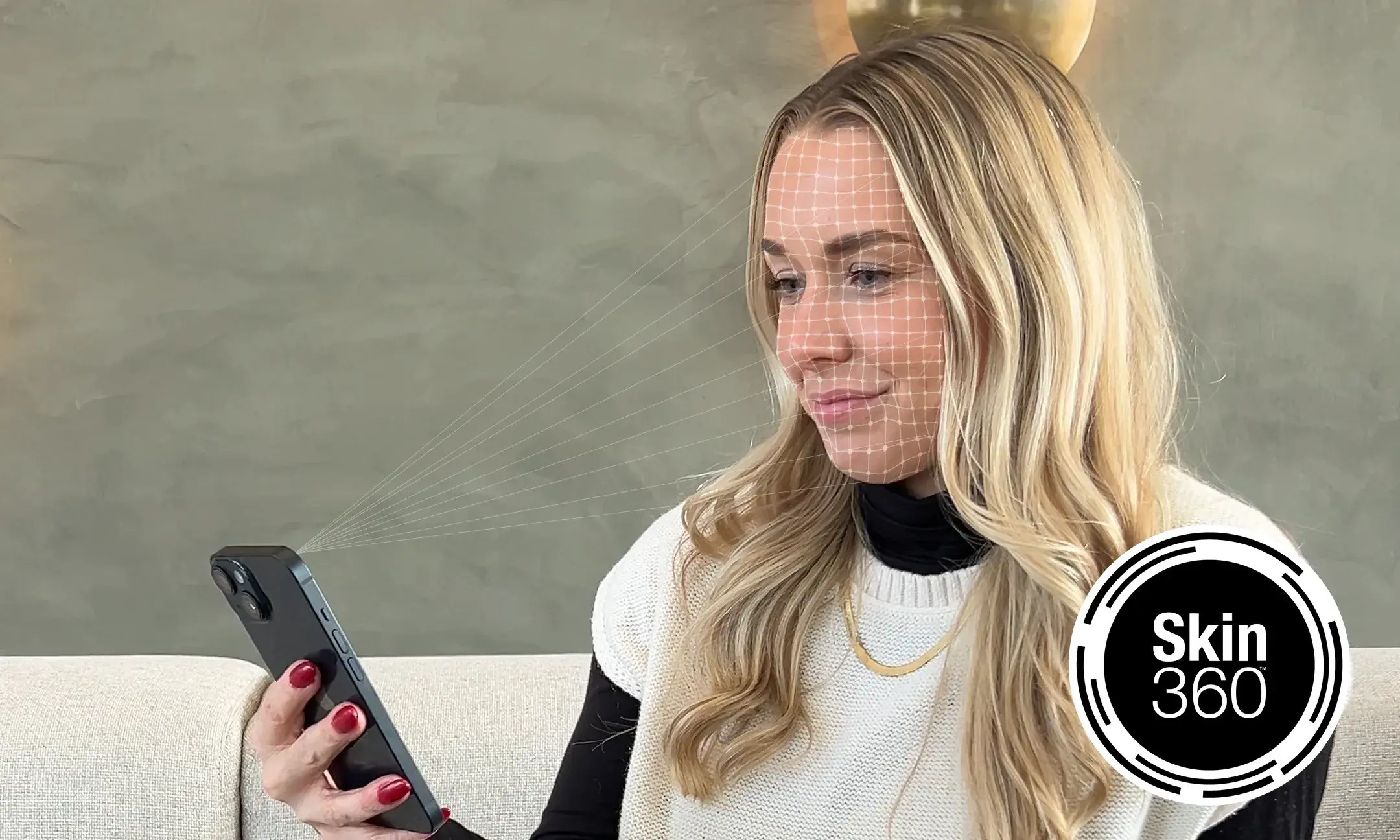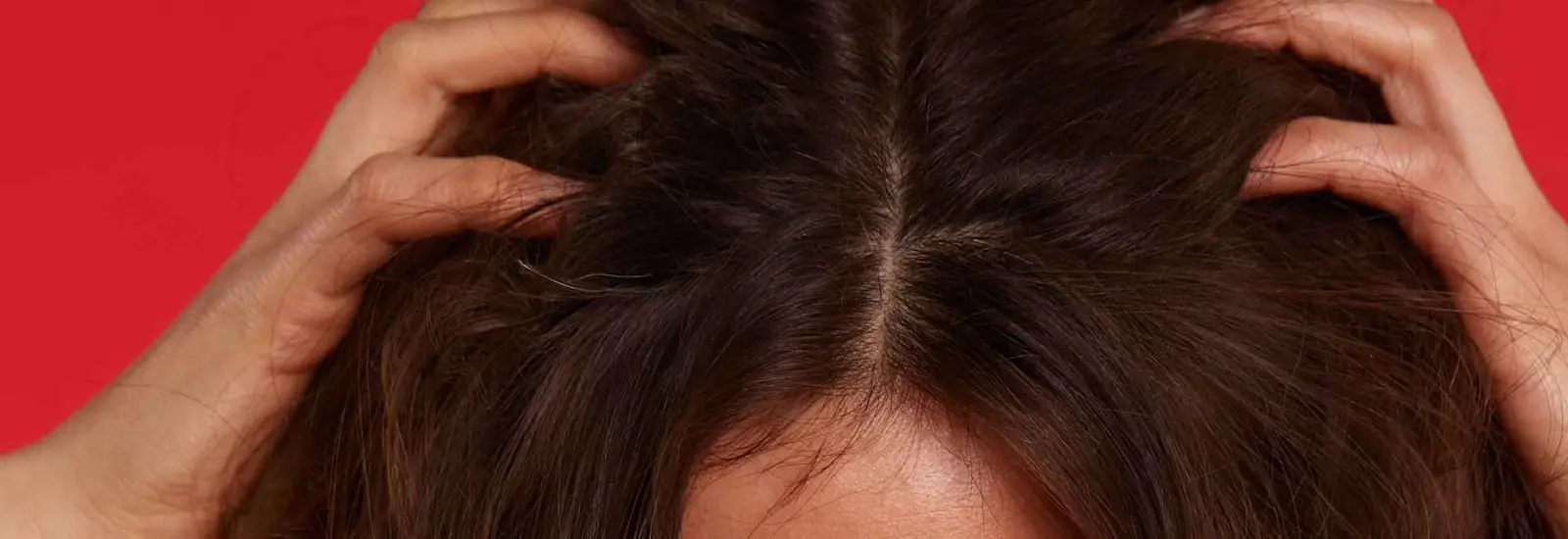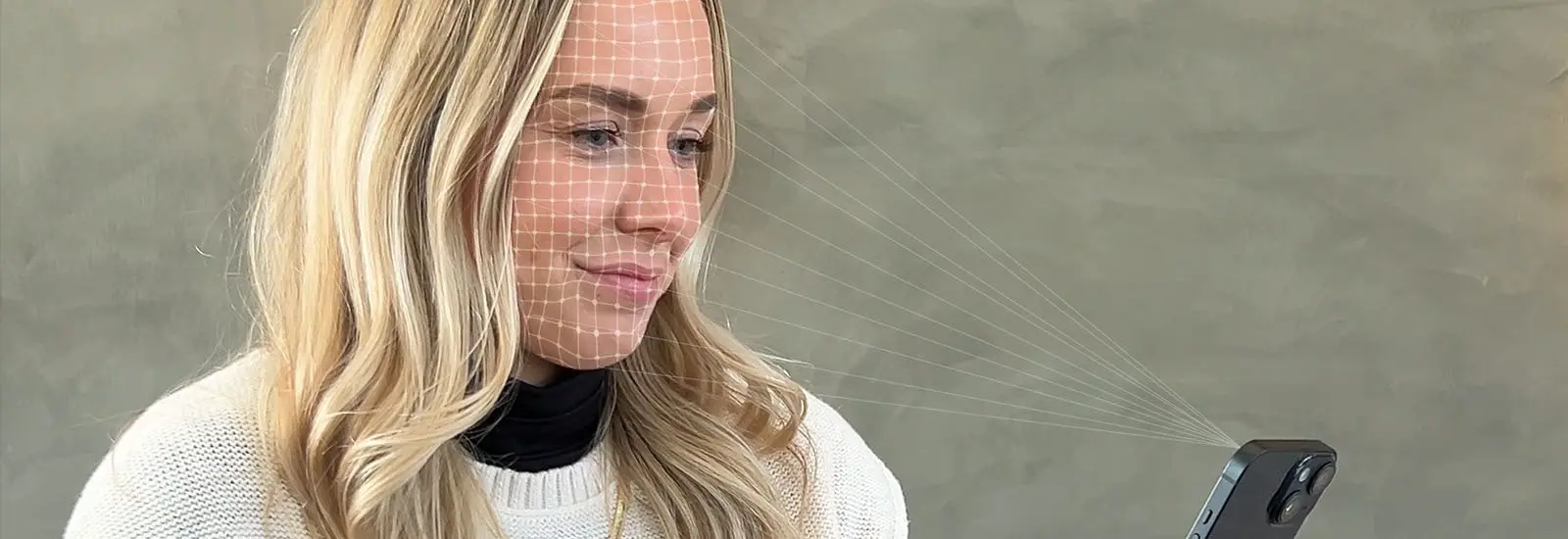Learn about dry scalp conditions like dandruff and how you can help control symptoms.


What Exactly is a Scalp Condition
While dandruff is responsible for most itchy, flaky scalps, two less common scalp conditions also cause persistent flaking and scalp irritation: scalp psoriasis and seborrheic dermatitis.
Scalp psoriasis is a very common problem that occurs when skin cells grow too quickly on the scalp, which can lead to red lesions covered with scale. It can extend beyond the hairline onto the forehead, the back of the neck, and around the ears. Seborrheic dermatitis is a disease that causes flaking of the skin, and usually causes the skin to look a little greasy, scaly, or flaky.

While there is no magic "cure" for these conditions, most symptoms can be controlled and treated with over-the-counter medicated shampoos:
Shampoos with salicylic acid help break down scalp buildup and split flakes into smaller, less visible pieces that can be washed away easily.
Shampoos with coal tar helps slow the overproduction of skin cells on the scalp and reduce potential inflammation.
Shampoos containing pyrithione zinc, ketoconazole, or selenium sulfide helps remove yeast, a potential scalp irritant, from the scalp.
Try these simple tips to help control dry scalp itch:
If you consistently have an irritated scalp, you may be allergic to an ingredient in one of your styling products. Try eliminating frequently used products one at a time to identify the culprit.
Menthol may help soothe scalp itch. Look for this ingredient in anti-itch shampoos and conditioners.
Shampoo with lukewarm instead of hot water. Hot water may strip the scalp of the natural oils it needs to keep it from drying out.
Resist the urge to scratch. Although scratching relieves the itch, scraping the sensitive skin on the scalp may lead to infection. Aggressive scratching may also worsen existing seborrheic dermatitis or psoriasis lesions.
If your current medicated shampoo isn't improving your symptoms, try switching to one with a different active ingredient. Always follow the instructions provided with medicated shampoos and conditioners. Once symptoms clear, weekly use will help prevent further flare-ups.
Occasionally, severe scalp conditions may require treatment with a prescription-strength shampoo, cream, or ointment. Your dermatologist can provide you with specific advice on treating serious scalp problems.
Coal tar helps slow the overproduction of skin cells on the scalp and reduce potential inflammation.





